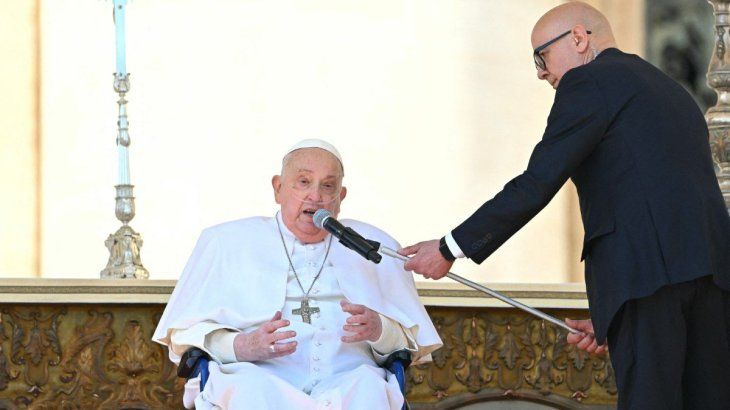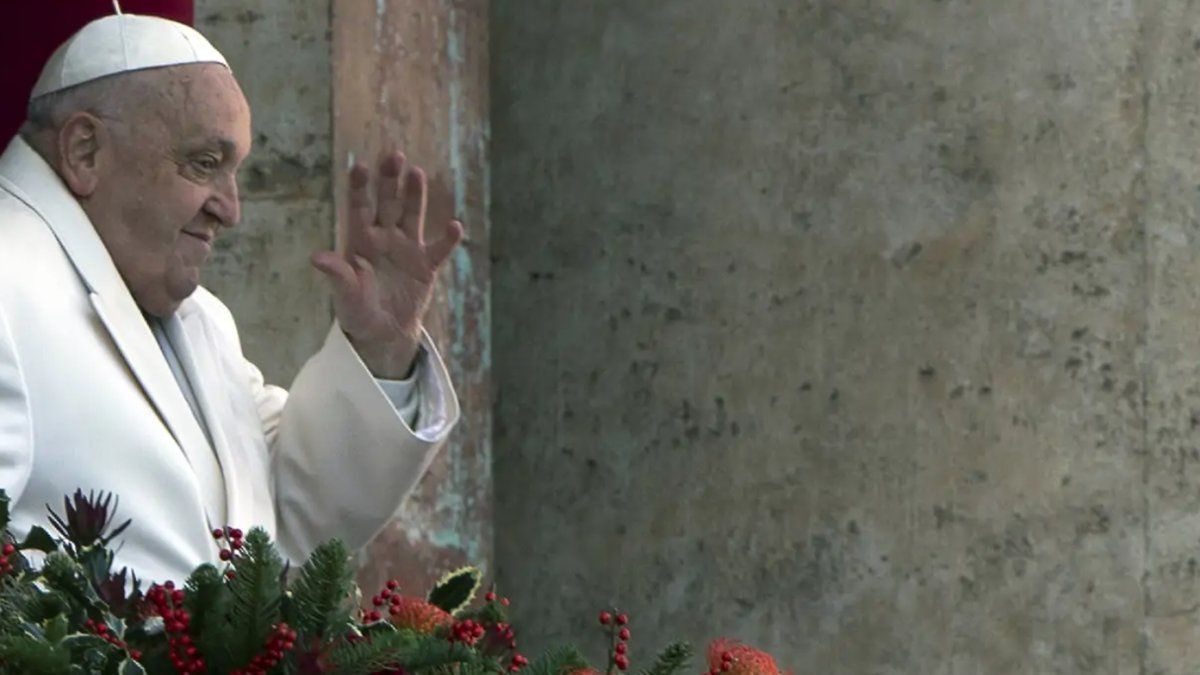The measure seeks to end certain abuses that were detected in different regions, as the Vatican said in a recent report.
He DICASTERY FOR THE CLEANwith the approval of Pope Francis, he issued a new decree that establishes limits to the offerings delivered by the faithful so that the masses are celebrated with particular intentions. The measure seeks to end certain abuses that were detected in different regions, according to Sunday the Vatican.
The content you want to access is exclusive to subscribers.
The document reviews and updates the current regulations on the management of intentions in the Holy Mass, specifying how priests should act when they receive donations (normally of economic nature) aimed at having a Mass celebrated for a specific intention.


Pope Francis establishes new norms and modifies a historical custom in the Catholic Church
Provisions ratify that Priests can accept offerings for certain intentions, As was customary in the Church. However, it emphasizes that an excessive number of intentions in a single celebration should not be accumulated. In any casethe priest can keep only one of the offerings and must allocate the others to parishes with greater needs, in particular those located in mission territories.
Papa-Francisco-050038.jpg

The provisions ratify that priests can accept offerings for certain intentions, as was customary in the Church.
The text clarifies that only the collective application of multiple intentions in the same Mass is valid if all the faithful were previously informed and gave their consent freely and explicitly. In no case can this consent by omission or silence be assumed.
It is also recommended to promote the daily celebration of masses with only one intention and it is noted that accepting offerings during celebrations that are not Eucharistic, or simply for a memory within the Mass, constitutes a serious fault.
The decree also addresses the issue of offerings related to the sacraments, remembering that Priests should not demand additional payments beyond what the competent authority determines. It insists that no faithful should be deprived of access to the sacraments for economic reasons.
“The Eucharistic sacrifice (the text points out) should not be seen as a privilege reserved for the righteous, but as a remedy and a spiritual livelihood for all, especially for those who need it most.”
Source: Ambito




